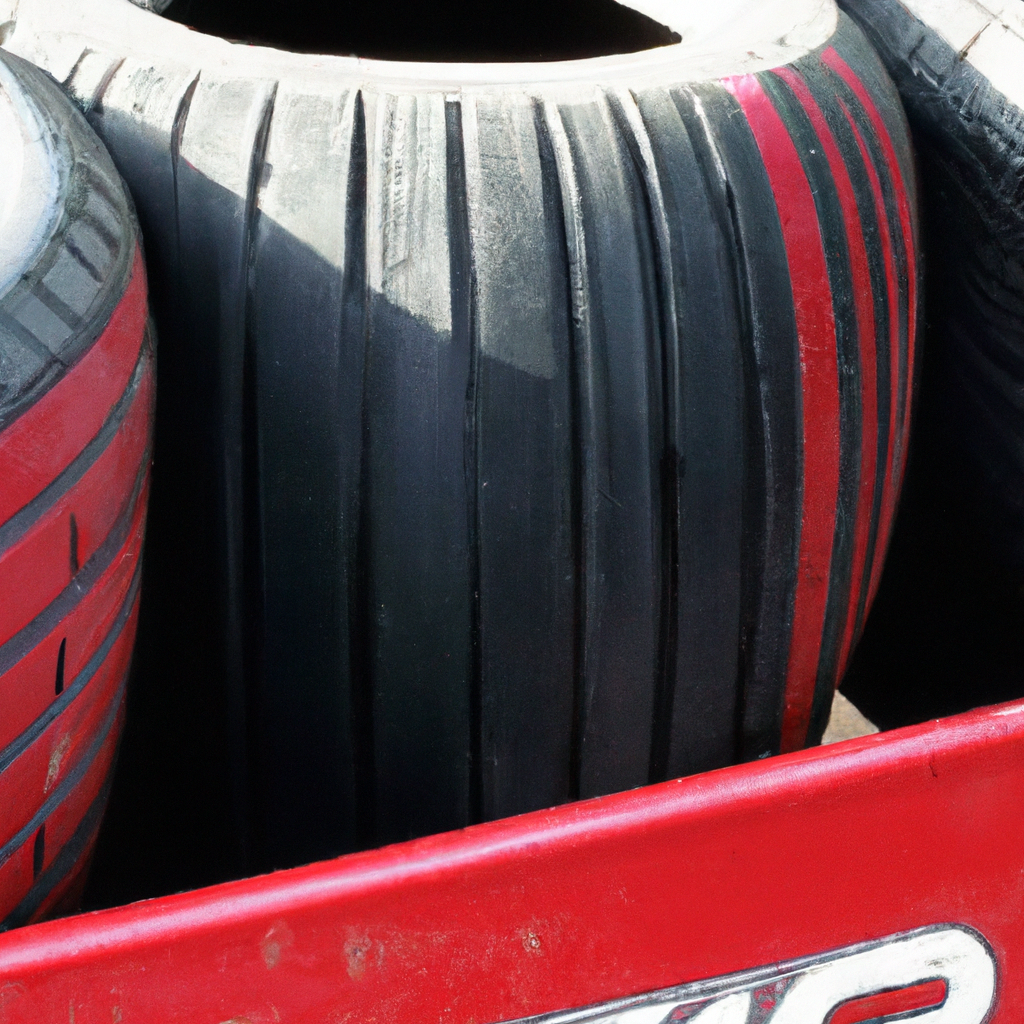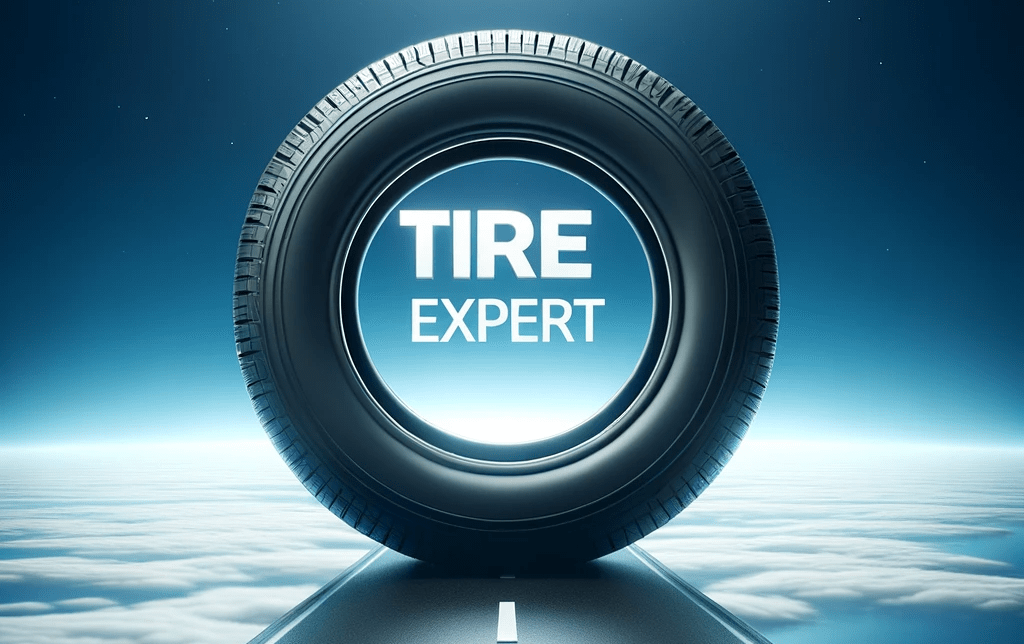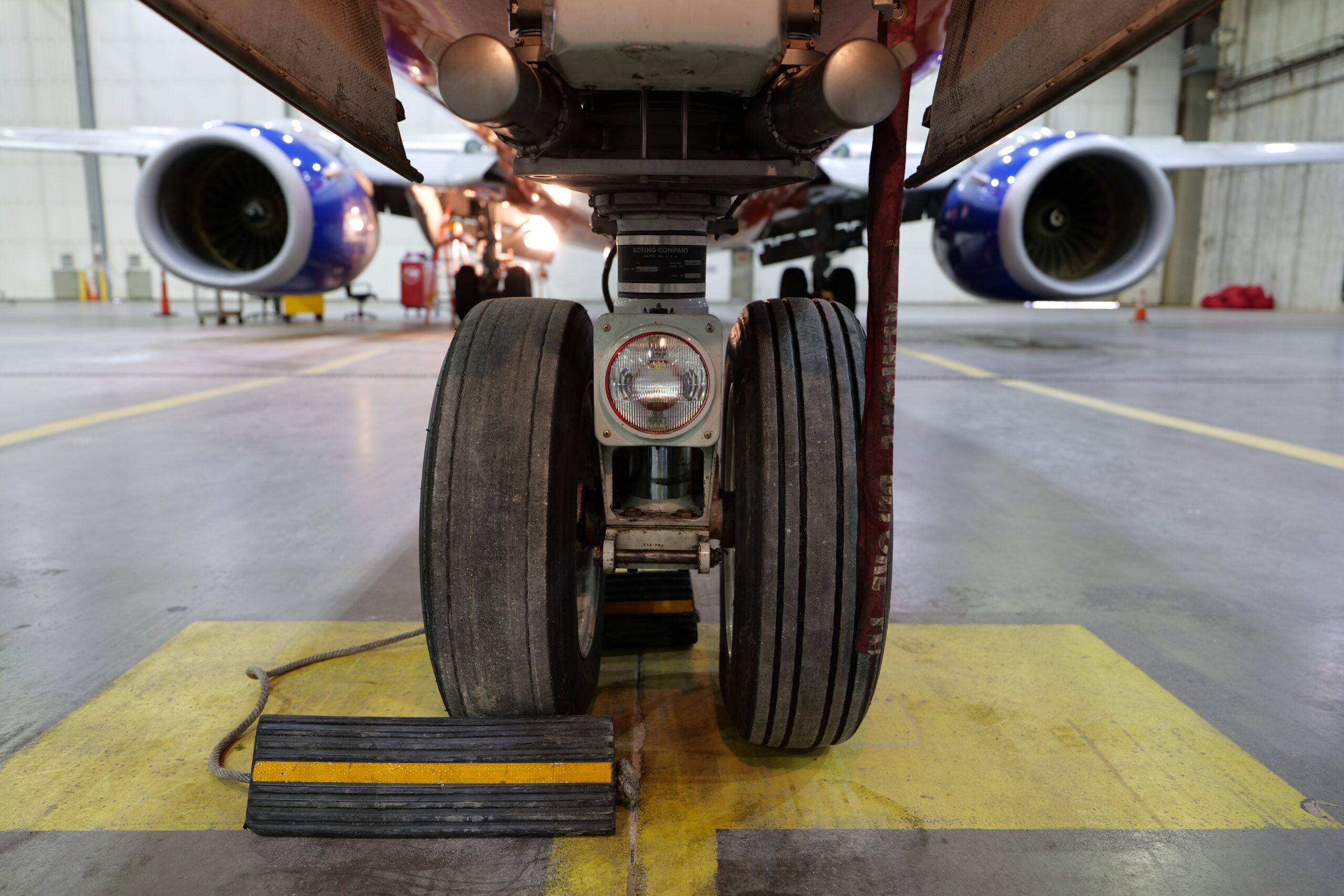Taking care of your tires might sound like a hassle, but the benefits are definitely worth it. From increased fuel efficiency to improved safety on the road, regular tire maintenance can save you time, money, and even potentially save lives. By keeping your tires properly inflated, rotating them regularly, and checking for any signs of wear and tear, you can ensure that your vehicle is running smoothly and that you’re getting the most out of your tires. So, let’s explore the advantages of regular tire maintenance and discover why it’s a small investment that yields big rewards.
Increased Safety
Regular tire maintenance offers several important benefits for your safety on the road.
Reduce the risk of accidents
One of the key advantages of maintaining your tires is a significant reduction in the risk of accidents. Proper tire maintenance ensures that your tires are in good condition and have the necessary tread depth to provide optimal traction and grip. This means better control over your vehicle, especially in wet or slippery conditions. By reducing the chances of skidding or losing control, regular tire maintenance helps keep you and other road users safe.
Improve traction and control
Regular tire maintenance also improves traction, which is crucial for maintaining control of your vehicle. A well-maintained set of tires with good tread depth will provide better grip on the road, allowing you to navigate turns and corners more easily. This is especially important in adverse weather conditions, where loss of traction can lead to dangerous situations. By ensuring your tires have optimal traction, you can enjoy a safer driving experience.
Enhance braking performance
Proper tire maintenance directly impacts the performance of your vehicle’s braking system. Well-maintained tires with adequate tread depth allow for more effective braking, reducing the stopping distance and improving overall braking performance. This is essential for avoiding accidents and maintaining control in emergency situations. Regular tire maintenance ensures that your tires are capable of providing the necessary grip to stop your vehicle safely.
Extended Tire Lifespan
Regular tire maintenance can significantly extend the lifespan of your tires, providing long-term cost savings.
Prevent premature tire wear
By regularly inspecting and maintaining your tires, you can prevent premature wear. Factors such as underinflation, overinflation, misalignment, and imbalance can cause uneven tire wear, reducing their lifespan. However, with regular tire maintenance, these issues can be identified and corrected promptly, ensuring that your tires wear evenly and last longer.
Minimize the risk of flats and blowouts
Proper tire maintenance reduces the risk of flats and blowouts, which can lead to unexpected tire failures. Regularly checking tire pressure and monitoring for any signs of damage or wear allows you to identify and replace worn-out tires before they become a safety hazard. By minimizing the risk of flats and blowouts, you can drive with confidence and avoid the inconvenience and potential danger of a sudden tire failure on the road.
Optimize fuel economy
Maintaining proper tire pressure is essential for optimizing fuel economy. Underinflated tires create more rolling resistance, which forces your vehicle’s engine to work harder and consume more fuel. By regularly checking and maintaining the correct tire pressure, you can maximize fuel efficiency, reducing your overall fuel expenses. This not only saves you money but also has a positive impact on the environment by reducing carbon emissions from excessive fuel consumption.
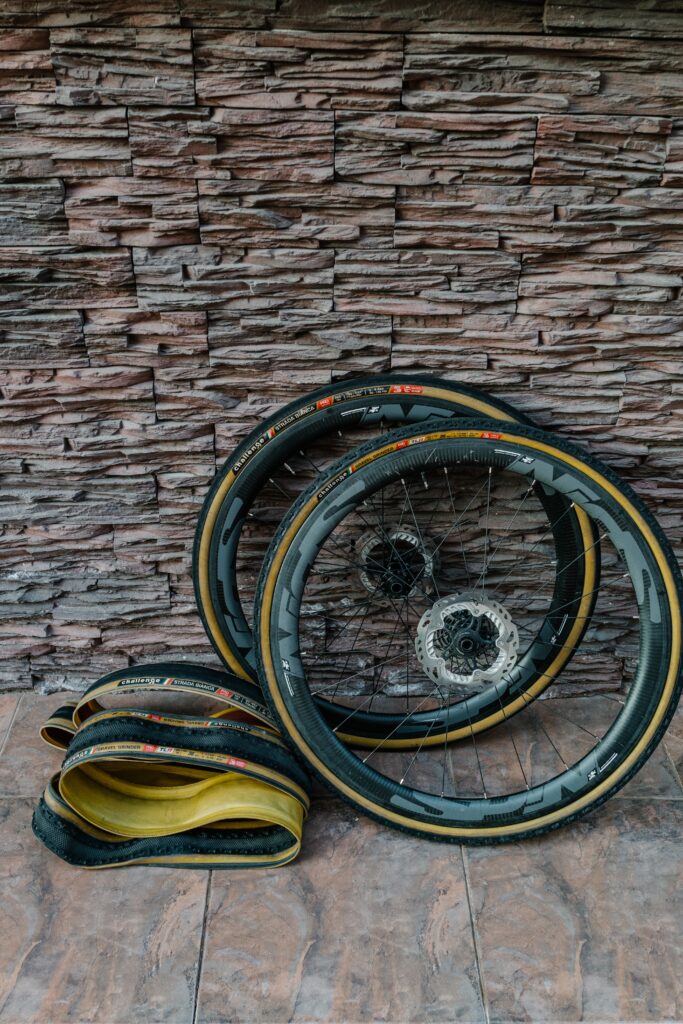
Improved Fuel Efficiency
Regular tire maintenance plays a significant role in improving your vehicle’s fuel efficiency, reducing both your environmental impact and fuel expenses.
Ensure proper tire inflation
Proper tire inflation is essential for optimizing fuel efficiency. Underinflated tires create more resistance on the road, causing your vehicle’s engine to work harder and consume more fuel. On the other hand, overinflated tires decrease the contact area with the road, leading to reduced traction and increased fuel consumption. By regularly checking and maintaining the recommended tire pressure, you can achieve the optimal balance for fuel efficiency, saving you money at the pump.
Reduce rolling resistance
Another way regular tire maintenance improves fuel efficiency is by reducing rolling resistance. Rolling resistance refers to the force required to keep your tires rolling on the road’s surface. Well-maintained tires with proper tread depth and inflation levels minimize rolling resistance, allowing your vehicle to move more freely and efficiently. By reducing rolling resistance, your engine doesn’t need to work as hard, resulting in improved fuel economy.
Enhance overall vehicle efficiency
Proper tire maintenance contributes to overall vehicle efficiency by reducing the strain on other components. When your tires are properly maintained, including being rotated regularly, it helps ensure even wear and extends the lifespan of your tires. This means you don’t have to replace your tires as frequently, saving you money in the long run. Additionally, well-maintained tires contribute to better suspension performance, improved handling, and smoother rides. All of these factors together enhance your overall vehicle efficiency, making your driving experience more enjoyable and cost-effective.
Cost Savings
Regular tire maintenance can lead to significant cost savings in the long run by avoiding expensive tire replacements and minimizing the risk of other costly damages.
Avoid costly tire replacements
Proper tire maintenance helps prevent premature tire wear, ensuring that your tires last longer. By regularly rotating your tires, maintaining proper inflation levels, and checking for any signs of damage or wear, you can extend the lifespan of your tires. This means you won’t have to replace them as frequently, saving you money on new tire purchases.
Reduce the risk of expensive damage
Well-maintained tires also reduce the risk of other costly damages to your vehicle. Tires that are improperly inflated or worn out can lead to increased stress on other components, such as suspension systems, steering mechanisms, and even the body of your vehicle. By maintaining proper tire inflation levels and replacing worn-out tires in a timely manner, you can avoid unnecessary strain on these components, minimizing the risk of expensive repairs or replacements.
Save on fuel expenses
As mentioned earlier, regular tire maintenance improves fuel efficiency, which translates into savings on fuel expenses. By ensuring your tires are properly inflated, have good tread depth, and are in optimal working condition, you can maximize your vehicle’s fuel economy. This means you won’t have to spend as much on fuel, saving you money in the long term.
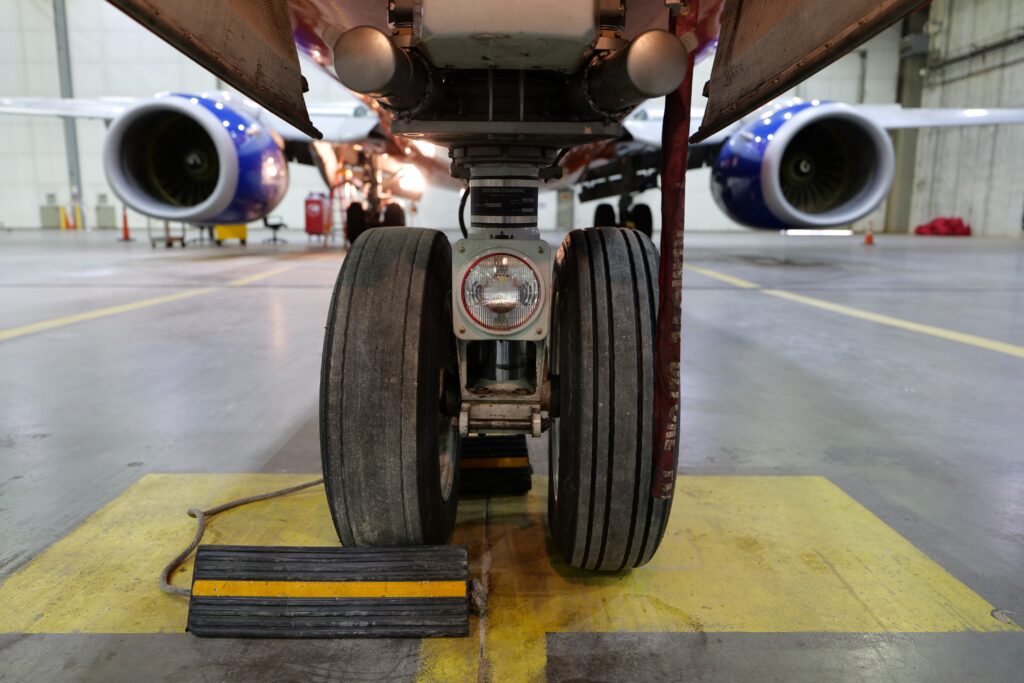
Enhanced Driving Comfort
Regular tire maintenance contributes to a more comfortable driving experience by minimizing vibrations, reducing noise, and maintaining vehicle stability.
Minimize vibrations and noise
Properly maintained tires help minimize vibrations and reduce noise levels while driving. Well-balanced tires with even wear provide a smoother ride, reducing the amount of vibration felt inside the vehicle. Additionally, maintaining proper tire pressure and tread depth ensures that your tires make optimal contact with the road surface, minimizing road noise and creating a quieter driving environment.
Promote smoother and more comfortable rides
Regular tire maintenance, including tire rotation and proper inflation, helps promote smoother and more comfortable rides. By evenly distributing the wear on your tires through rotation, you can prevent vibrations and create a more balanced driving experience. Properly inflated tires also contribute to a smoother ride by absorbing impact and providing optimal cushioning.
Maintain vehicle stability
Proper tire maintenance is vital for maintaining vehicle stability, especially during maneuvers such as cornering or sudden lane changes. Well-maintained tires with adequate tread depth and grip provide better traction and control, enhancing your vehicle’s stability on the road. This allows for more confident and comfortable driving, regardless of the road conditions or driving maneuvers.
Improved Handling and Performance
Regular tire maintenance plays a crucial role in enhancing your vehicle’s handling and overall performance.
Maintain proper tire balance
Proper tire balance is essential for optimal handling and performance. Balanced tires ensure an even distribution of weight, reducing vibrations and improving steering response. Regular tire rotation helps maintain proper balance, as it evenly distributes wear across all tires. By keeping your tires balanced, you can enjoy smoother and more precise handling, enhancing your overall driving experience.
Optimize traction in various road conditions
Regular tire maintenance ensures that your tires have the necessary traction for different road conditions. Tires with adequate tread depth and properly inflated provide better grip on wet, snowy, or slippery surfaces. This means you can confidently navigate through various road conditions without losing control or compromising your safety. Whether you encounter rain, snow, or uneven surfaces, well-maintained tires optimize traction and keep you in control of your vehicle.
Enhance cornering ability
Proper tire maintenance improves your vehicle’s ability to handle corners effectively. Well-maintained tires with good traction provide the necessary grip to maintain control during turns, minimizing the chances of skidding or sliding out of control. By optimizing cornering ability, regular tire maintenance enhances your overall driving performance and allows for a more enjoyable and safer driving experience.

Decreased Environmental Impact
Regular tire maintenance contributes to reducing your environmental impact by decreasing carbon emissions and supporting sustainable practices.
Reduce carbon emissions
Proper tire maintenance, including maintaining recommended tire pressure and tread depth, helps reduce carbon emissions. Underinflated tires increase fuel consumption, resulting in higher emission levels of greenhouse gases. By regularly checking and maintaining proper tire inflation, you can optimize fuel efficiency, reducing your vehicle’s carbon footprint and minimizing your contribution to air pollution.
Preserve natural resources
Maintaining your tires properly promotes the efficient use of resources. By extending the lifespan of your tires through regular maintenance, you reduce the demand for new tires, which require the consumption of natural resources during their production. By preserving natural resources, you contribute to a more sustainable and environmentally-friendly approach to transportation.
Support sustainable practices
Regular tire maintenance aligns with sustainable practices in the automotive industry. By taking care of your tires and ensuring their optimal performance and longevity, you minimize waste and contribute to a more sustainable approach to vehicle maintenance. Supporting sustainable practices helps preserve the environment for future generations and promotes a more eco-friendly way of living.
Compliance with Legal Requirements
Regular tire maintenance ensures compliance with legal requirements, preventing fines and penalties.
Meet minimum tire tread depth regulations
Different jurisdictions have specific regulations regarding minimum tire tread depth. By regularly checking your tires’ tread depth and replacing them when they reach the legal limit, you ensure compliance with these requirements. Adhering to minimum tread depth regulations enhances road safety and prevents potential legal consequences, including fines and penalties.
Adhere to tire maintenance laws
Some jurisdictions also have laws and regulations regarding tire maintenance, including proper inflation and other maintenance practices. By regularly maintaining your tires and keeping them in optimal condition, you comply with these legal requirements. This helps ensure safe driving conditions and prevents unnecessary legal complications.
Avoid fines and penalties
Failure to comply with legal requirements regarding tire maintenance can result in fines and penalties. By regularly inspecting, maintaining, and replacing your tires as necessary, you avoid the risk of being fined for non-compliance. Additionally, meeting legal requirements contributes to a safer road environment for everyone.
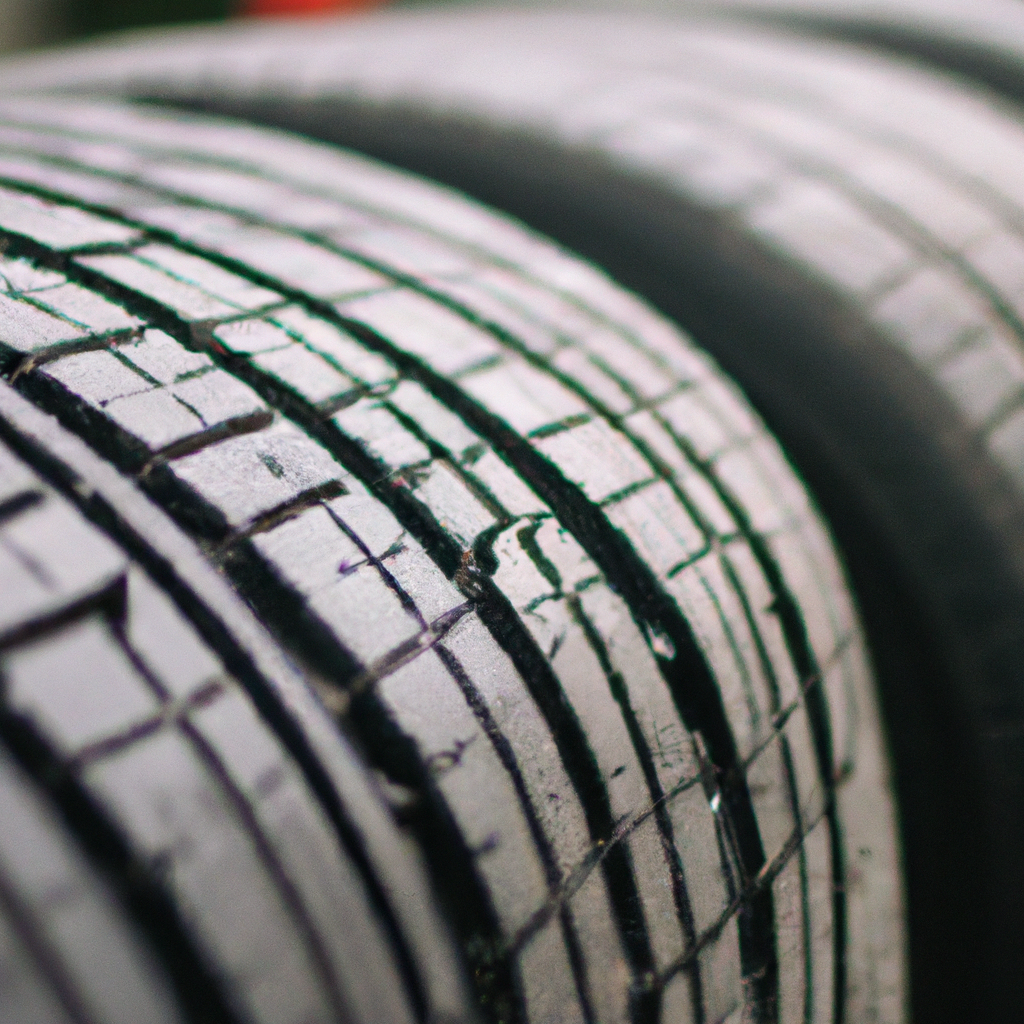
Preventive Maintenance
Regular tire maintenance allows for the early detection and prevention of potential tire issues, alignment problems, and other concerns.
Identify potential tire issues early on
By regularly inspecting your tires, you have the opportunity to identify potential issues early on. This includes checking for signs of damage or wear, such as bulges, cuts, or uneven wear patterns. Detecting these early warning signs allows you to address them promptly and prevent further damage or potential tire failure.
Address alignment and suspension problems
Tire maintenance also includes addressing alignment and suspension problems. Misaligned tires can lead to uneven wear, compromising your vehicle’s stability and handling. By addressing alignment issues promptly, you can avoid excessive and uneven tire wear, improve your vehicle’s handling, and prevent premature tire failure.
Detect tire damage or degradation
Regular tire maintenance enables you to detect any tire damage or degradation that may compromise their performance or safety. This includes checking for signs of deterioration, such as cracks or bulges, which can indicate internal tire damage. By detecting these issues early, you can take the necessary steps to address them and prevent potential tire failures on the road.
Peace of Mind
Regular tire maintenance provides peace of mind by ensuring the reliability of your vehicle and reducing the chances of unexpected tire-related mishaps.
Feel confident in your vehicle’s reliability
By regularly maintaining your tires, you can feel confident in your vehicle’s reliability. Well-maintained tires provide optimal performance, ensuring that you have control over your vehicle and minimizing the risk of unexpected issues. This peace of mind allows you to enjoy your driving experience without worrying about tire-related problems.
Reduce the chances of unexpected tire-related mishaps
Regular tire maintenance significantly reduces the chances of unexpected tire-related mishaps. By proactively taking care of your tires, you minimize the risk of flats, blowouts, or other forms of tire failure. This eliminates the stress and inconvenience of dealing with unexpected tire problems on the road, allowing for a smoother and more enjoyable driving experience.
Ensure a stress-free driving experience
Peace of mind from regular tire maintenance translates into a stress-free driving experience. Knowing that your tires are in good condition, properly inflated, and well-maintained eliminates anxiety and worry while driving. This allows you to focus on the road ahead and enjoy your journey without unnecessary distractions or concerns.
In conclusion, regular tire maintenance offers a wide range of benefits that enhance your safety, save you money, optimize fuel efficiency, and provide a more comfortable and enjoyable driving experience. By investing time and effort in maintaining proper tire inflation, checking tread depth, rotating tires, and addressing any signs of damage or wear, you can reap the rewards of improved safety, cost savings, and environmental responsibility. Regular tire maintenance is not only a legal requirement but also a proactive approach to vehicle maintenance that ensures your peace of mind and contributes to a more sustainable and sustainable driving future.
